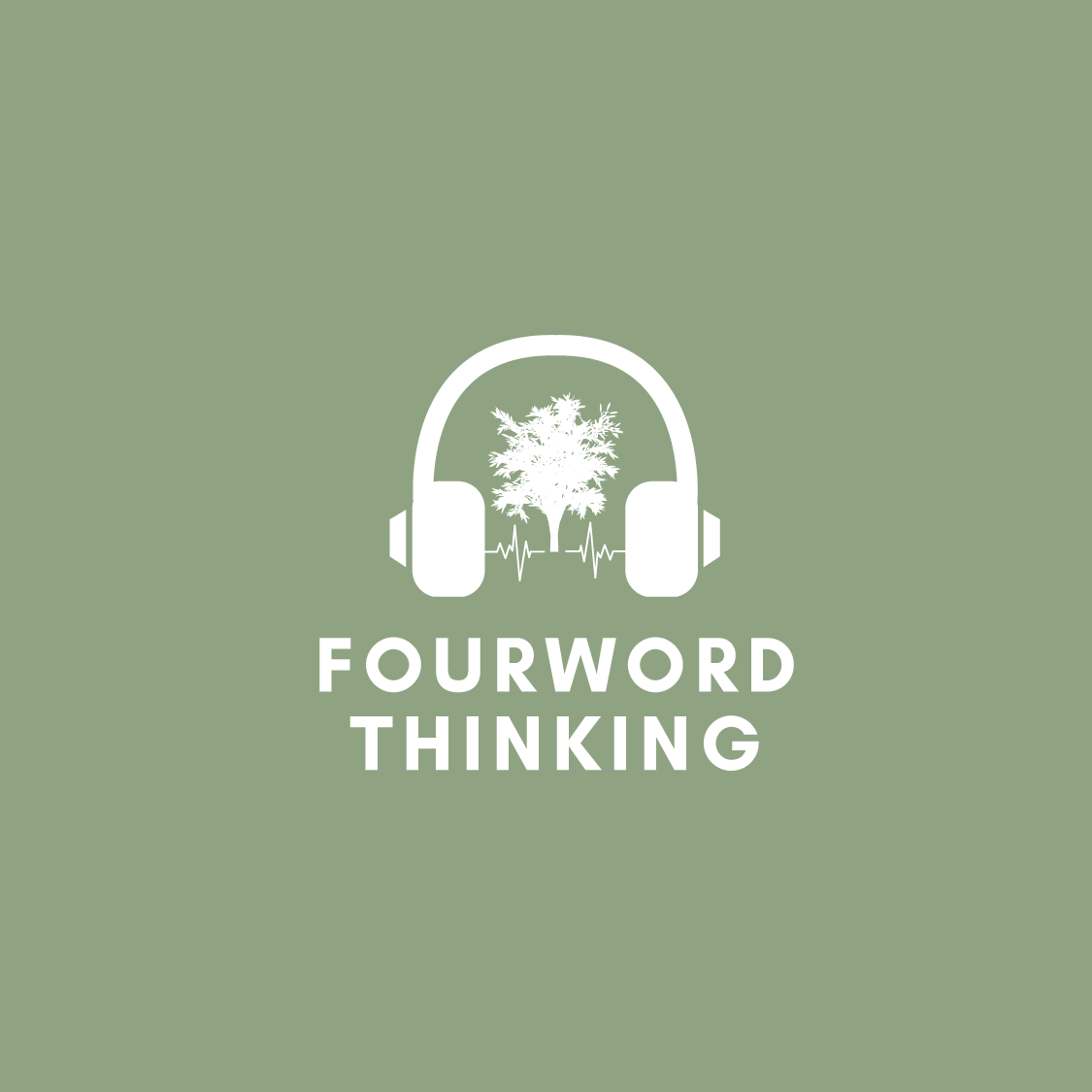Tune in to this week’s episode ‘Talking ’bout my Power Generation’ to hear two expert speakers share their knowledge of renewable energy. Professor Andrew Mill, Visiting Professor at Strathclyde Uni and Chairperson of EMEC and Aanand Venkatramanan, Head of ETF Strategies of LGIM shed light on why clean energy is so important for the climate, for a sustainable economy and for all our futures. Click the link below to have a listen.
https://linktr.ee/fourwordpodcast
The four words we are thinking about this week are,
- Energy
- Renewable
- Turbine
- Battery
Like our last episode, our speakers are subject market experts. Those of us who are less well versed in this field might benefit from an explanation of some of the matters they discuss. Engagement and clear communication are important to us at FourWord Thinking and Waverton Wealth Planning, so we have provided a description of some key “renewable energy” terms below.
More than Four Words Glossary
| Term | Description |
| UN SDGs | United Nations Sustainable Development Goals – 17 goals signed up to by all member states of the UN in order to shape government policy and funding – these cover wide-ranging issues that affect people and planet – such as poverty, equality, right to education, climate change and fair and sustainable economic growth. |
| ESG | An abbreviation that stands for Environmental, Social and Governance, three factors used to consider the quality of companies selected for an investment portfolio.
· The E considers the impact the company’s products, services and operations have on the natural environment. · S relates to the human aspect of the company’s activities and products – does this affect people (customers, workers, the communities in which it operates, society as a whole) negatively or positively. Governance is about how a company is structured, managed and owned, as well as how it distributes its profits. |
| ETF | This is an abbreviation for exchange-traded fund. These are funds that issue shares, which are traded on a stock exchange. ETFs cover a broad range investment types and can give exposure to specific markets, sectors or investment strategies. Many ETFs track an index in order to provide this return. |
| Biomass | Biomass is plant or animal material used for energy production. |
| Battery value-chain | This is all the raw materials, components and processes that are inputs into the making of a battery through to its recycling. |
| FIT – Feed-in-tariffs | A no longer available government scheme to pay a fixed payment for electricity that has been generated from a renewable source. |
| JV | Abbreviation – joint venture. |
| R and D | Abbreviation – research and development. |
| Lithium-ion or Li-ion | A type of battery commonly used for electric vehicles. |
| Zinc-air | Zinc–air batteries (non-rechargeable), and zinc–air fuel cells (mechanically rechargeable) are metal–air batteries powered by oxidizing zinc with oxygen from the air. |
| Fuel cells | Fuel cells are an alternative method of providing electric voltage, instead of rechargeable cells and batteries. |
| Photo-voltaic | The conversion of light into electricity using semiconducting materials, a feature of solar energy generation. |
| VC and PE | Abbreviations for Venture Capital and Private Equity, specialist types of investment for experienced and sophisticated investors. |
| Paris-aligned | Business, investment and policy that is designed to help meet climate change targets set at the United Nations Conference of Parties that took place in Paris in 2015. |
| ORE Catapult |
The Offshore Renewable Energy Catapult is the UK’s leading technology research and innovation centre for offshore renewable energy. |
Contact Us
If you would like to find out more about how Waverton can help you invest sustainably please do not hesitate to visit our Responsible Futures page for more information. Alternatively, if you have specific questions about this podcast or your own financial planning please contact us via our contact form.


